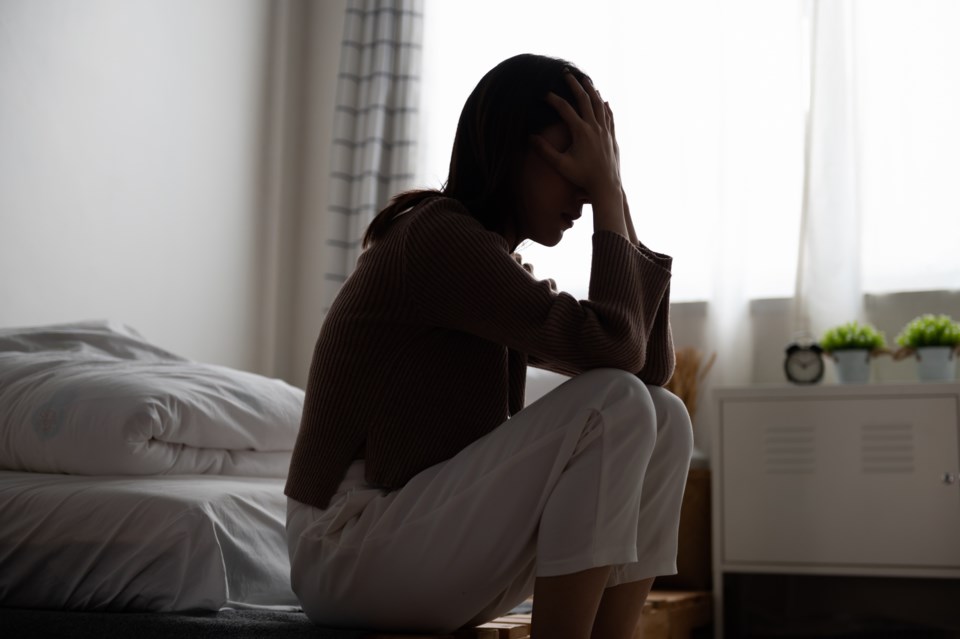A new national survey has found almost two-thirds of Canadian residents have experienced at least one potentially traumatic event in their lives.
Of the 63 per cent of adults in Canada who reported such an event, 31 per cent said it was during a traffic accident, according to the Statistics Canada Survey on Mental Health and Stressful Events, released Monday.
Physical assault (18 per cent), life-threatening illness or injury (17 per cent), natural disasters (15 per cent), and unwanted sexual experiences other than sexual assaults (15 per cent) accounted for most of the other experiences.
But those numbers changed substantially when broken down between men and women. One in six women reported having been exposed to sexual assault, but that dropped to one in 25 among men. Slightly more women than men reported exposure to a life-threatening illness or injury, whereas the opposite was true for serious accidents, including fire, explosions and exposure to toxic substance.
The results suggest individuals, family and the public health system in Canada is bearing a significant burden.
8% of Canadian adults report PTSD symptoms
Post-traumatic stress disorder (PTSD) has long been documented after war, major accidents, disasters and interpersonal violence. The authors of the StatCan report write that symptoms include “recurring and distressing memories, avoiding reminders of the event, and disturbed sleep.”
But not everyone who experiences a traumatic experience will develop symptoms.
According to the StatCan survey, about eight per cent of adults in Canada reported moderate to severe symptoms of PTSD in the month prior to completing the survey — largely unchanged from 2021.
More women (10 per cent) than men (seven per cent) reported moderate to severe symptoms of PTSD, something the StatCan report said could be the result of different traumatic exposures and reactions to those events.
How often and what kinds of traumatic experiences a person has faced was found to have a big impact on the development of PTSD symptoms.
Thirty-five per cent of those who reported being held in captivity later experienced moderate to severe PTSD symptoms. Similarly, 29 per cent of people exposed to sexual assault later reported PTSD symptoms.
Meanwhile, 26 per cent of people who were exposed to five or more types of events reported PTSD symptoms. That’s up from seven per cent for exposure to a single traumatic event.
PTSD doubles unemployment rate among survey respondents
The impacts of PTSD can be debilitating, and make day-to-day activities like work difficult to complete.
A quarter of people between 25 and 54 who reported moderate to severe PTSD symptoms in the lead up to the survey said they had not worked. That’s more than double the unemployment rate reported by people without PTSD.
To cope, 38 per cent experiencing moderate to severe PTSD symptoms said they drank alcohol heavily, and 15 per cent said they used cannabis in the previous three months.
By comparison, only 29 per cent of people who didn’t report PTSD symptoms said they had drunk heavily over that period, while four per cent said they’d used cannabis.




